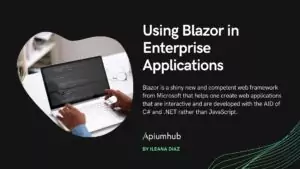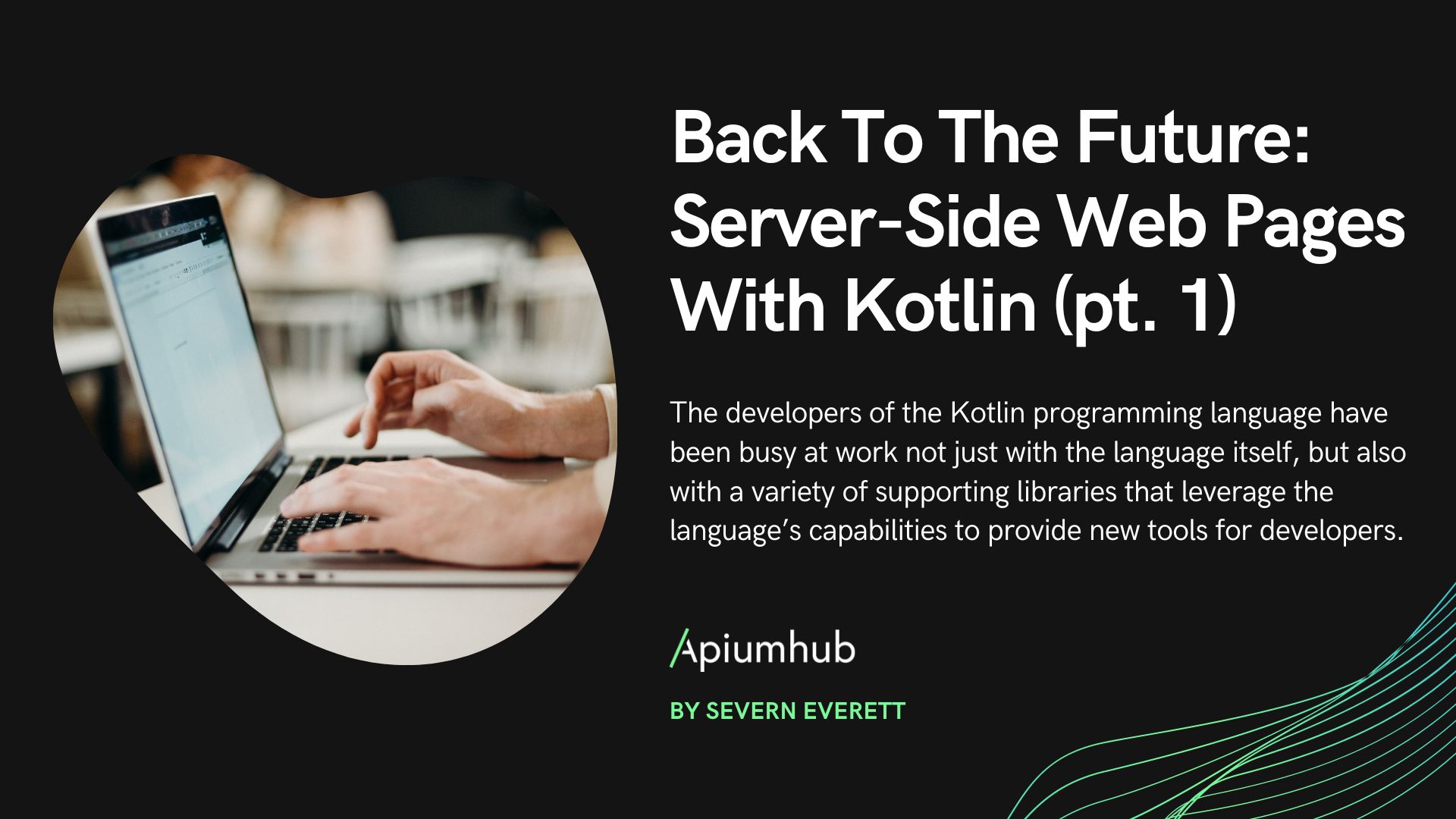Table of Contents
Technology is changing the world as well as itself. Today, we use computer programming in almost everything; household, agriculture, health, entertainment, communication, banking, etc. Programming languages or computer languages, however you prefer to call it, are expanding more and more, due to the fact that we’re “exploring” new products.
Programming languages in general, with different or similar purposes, are competing among each other in the tech world. This makes us wonder which one will be kicked out during the race and who will be moving forward and keep on growing? Why are Swift or Go more popular than others? Are there new programming languages that will appear and replace them soon?
Let’s have a look at the list below of a few new programming languages that appeared in the past years that you might find interesting to know about. It’s not about being the best programming languages, but at the moment they really do grab my attention!
New programming languages
2019 – Bosque
- Free and open-source programming language developed by Microsoft that was inspired by the syntax and types of TypeScript and the semantics of ML and Node/JavaScript
- Design goals for the language include better software quality and improved developer productivity
- The Bosque specification, parser, type checker, reference interpreter, and IDE support are licensed under MIT License and available on GitHub
2018 – Fortran 2018
- It is a significant revision and was released on 28 November 2018
- Fortran 2018 incorporates two previously published Technical Specifications:
ISO/IEC TS 29113:2012 Further Interoperability with C[49]
ISO/IEC TS 18508:2015 Additional Parallel Features in Fortran - Additional changes and new features include support for ISO/IEC/IEEE 60559:2011 hexadecimal input/output, IMPLICIT NONE enhancements and other changes
2017 – Ballerina
- Ballerina is an open source general-purpose programming language and platform designed by WSO2 for cloud-era application programmers
- It is easy to write and modify and is suitable for application programmers
- Structural, open-by-default typing – Ballerina has a statically-typed, structural type system that is designed to be network data schema friendly
- Ballerina incorporates automatic observability features into the language itself that helps keep track of metrics, logs and tracing
2016 – Ring
- Ring is a dynamic and general-purpose programming language.
- It can be embedded in C/C++ projects
- The supported programming paradigms are imperative, procedural, object-oriented, functional, meta, declarative using nested structures, and natural programming.
- The language is portable (Windows, Linux, Mac OS X, Android, etc.) and can be used to create console, GUI, web, game and mobile applications
2015 – Rust programming language (by Mozilla)
- It first appeared in 2010 but the first stable Rust 1.0 was released in May 2015 and the newest version 1.10 was released in December 2016.
- This programming language is used for writing reliable and fast software, all of that having fun doing it.
- Rust is well known as a new systems programming language focusing on safety, speed, and concurrency. In fact, reviews say that it is a programming language that runs crazy fast, that prevents segfaults, and that guarantees thread safety.
- Rust has very similar syntax with C++, complete with curly brackets and keyword-based control flow.
- It doesn’t support all C and C++ keywords and uses its own keywords which are not found in C or C++, such as match and switch.
- Rust is implemented in Rust, implying that to build a copy of Rust, you need a copy of Rust.
- Being a very new language, the community is small, but very helpful.
- Rust was the third most loved in the list of programming languages in 2015 and jumped to the 1st place for “most loved programming language of 2016” in the Stack Overflow annual survey.
For many developers, Rust has become one of their favourite programming languages due to the fact that it has “powerful abstractions, no null, no segfaults, no leaks, yet C-like performance and control over memory” or because it is “more approachable, safer and often more productive”.
Day by day, Rust’s popularity is increasing but as it’s very young it makes us wonder whether it will still be that popular in the upcoming years.
2014 – The hack programming language (by Facebook)
- The Hack is an open source programming language for HHVM that appeared in 2014.
- Hack lets programmers build complex websites and other software very fast, always ensuring that the software code is well organised and almost free of flaws.
- Its type system is called gradual typing, which enables programmers to use both dynamic and static typing.
- Hack has deep roots in PHP, in fact, it was designed to work with PHP.
2014 – Swift programming language (by Apple)
- First appeared on June 2014 and Swift 1.1 was released in October 2014 and the latest version was released in May 2016.
- Swift won the first place for most loved programming language in the Stack Overflow Developer Survey 2014 and second place in 2016
- Swift gained a top 20 spot in the The RedMonk Programming Languages Rankings: June 2015
- Swift was described as “drawing ideas from Objective-C, Rust, Haskell, Ruby, Python, C#, CLU” which means it combines many of the benefits of modern dynamic languages (for iOS, OS X, watchOS and Linux) with the benefits of a strong type system, in a language that produces fast code.
- Swift feels familiar to Objective-C but many developers said that Swift is cleaner and more readable than Objective-C
- Swift also adopts safe programming patterns and adds modern features to make programming easier and more flexible
Swift did not only become famous because it comes from Apple, it also has huge advantages compared to other programming languages; mainly due to its dramatically cleaner syntax and its less low-level juggling of pointers. In 2014, Swift was forecasted as one of the most important programming languages that would define the future of coding.
2012 – Elixir (by José Valim)
- Appeared in 2012, Elixir is a language that runs on the Erlang VM. It’s a functional language designed for productivity, scalability, and maintainability.
- In fact, it is considered as a friendly functional programming that is very scalable. It has great development tools used for building, managing dependencies, testing and deployment.
- Elixir is mainly used to build web applications.
- Today, huge players like Pinterest & Moz have trusted in Elixir.
2012 – Julia (by Jeff Bezanson & Stefan Karpinski)
- First appeared in 2012, Julia is defined as a high-level & high-performance programming language.
- It is mostly used for technical computing, with syntax that is familiar to users of other technical computing environments.
- Its compiler is great and fast, distributed parallel execution, numerical accuracy, and an extensive mathematical function library.
- Julia is largely used in finance services, asset management firms, insurance companies and investment banks firm and helps to avoid rewriting the code as in Java or C++.
- Julia can produce native code on different platforms and it is fast. Very simple to work with for people who don’t have much experience programming.
Julia is still quite young, but it is developing very quickly and in 2012, was highlighted as one of the programming languages that was destined to make a major impact in the future.
2011 – Dart programming language (by Google)
- Dart was revealed in 2011 and was designed to make it easy to write development tools for well-suited to modern app development capable of high-performance implementations.
- It is used to build web, server and mobile applications and for IoT devices.
- Dart is a pretty fast language, and it has wonderful syntax.
- It adds nice stuff as user-defined operator methods with lightweight, readable code and lightweight syntax for anonymous functions which is used a lot in web programming.
- Dart has many similar features of JavaScript but still has some differences from such as:
-
- Only true is true
- No undefined, only null
- No automatic type coercion with ==, +, and other operators
- Dart intents to be faster, more regular, and more scalable for programs larger than javascript.
- Dart natively supports libraries.
As there was such advantages, in 2011 people were wondering if Dart was going to replace Javascript. However, updates of Google said that they would not be importing Dart—a language that was designed to eventually become the next evolution of JavaScript and that would focus on improving the capabilities of compiling Dart to JavaScript.
“Dart code could also soon be used for microprocessors (like Raspberry Pi) and microcontrollers (like Arduino)”, Hracek said. It was predicted that he future of Dart would be a language designed to be used for advanced Web applications and an alternative to server-side platforms for real-time communications.
2011 – Kotlin ( By Jetbrains)
- Kotlin is a statically-typed programming language that runs on the Java virtual machine
- Can be compiled to JavaScript source code or use the LLVM compiler infrastructure.
- While the syntax is not compatible with Java, Kotlin is designed to interoperate with Java code and is reliant on Java code from the existing Java Class Library, such as the collections framework.
- One of the main applications of Kotlin is Android development.
- Kotlin was announced as an official Android development language at Google I/O 2017. It became the third language fully supported for Android, in addition to Java and C++
2009 – Go programming language (by Google)
- Go was released in 2009 and since then has enjoyed explosive growth in popularity. It took almost four years to stand in the Top 20 by RedMonk firm, Programming Language Rankings: June 2015.
- Go or Golang, is an open source programming language that makes it easy to build simple, reliable, and efficient software. It is considered as a great language that is improving fast and that showed it can be used for all project sizes.
- According to some, it is faster and easier to learn and master.
- The creator of Go said that it was “an attempt to combine the ease of programming of an interpreted, dynamically typed language with the efficiency and safety of a statically typed, compiled language”.
- Go is also popular because of Docker. Why? Docker is a container startup which has revolutionized how to build, ship and run applications and is all written in Go Language.
Go language is growing a lot, specially because it is neatly designed and is used by Google, which holds a major influence in the Computer science field. Together with Rust and Swift, Go is considered as a language that will have an important role in the future of coding.
I had a small chat with some of my colleagues that are very passionate about back end. Many of them told me that their favourite programming language so far was Node JS for several reasons. First, it’s javascript so every developer can learn it easily. Second, it’s lightweight and efficient. Moreover, it has NPM, a great package manager, making dependency management very easy.
They also mentioned they like Swift, Go and Scala due to the power of each. This post did not mention Scala or other great languages because its purpose was to focus on new promising programming languages since 2009.










One Comment
Software Engineering
Thajks foor this great article, I have shared it on Facebook.